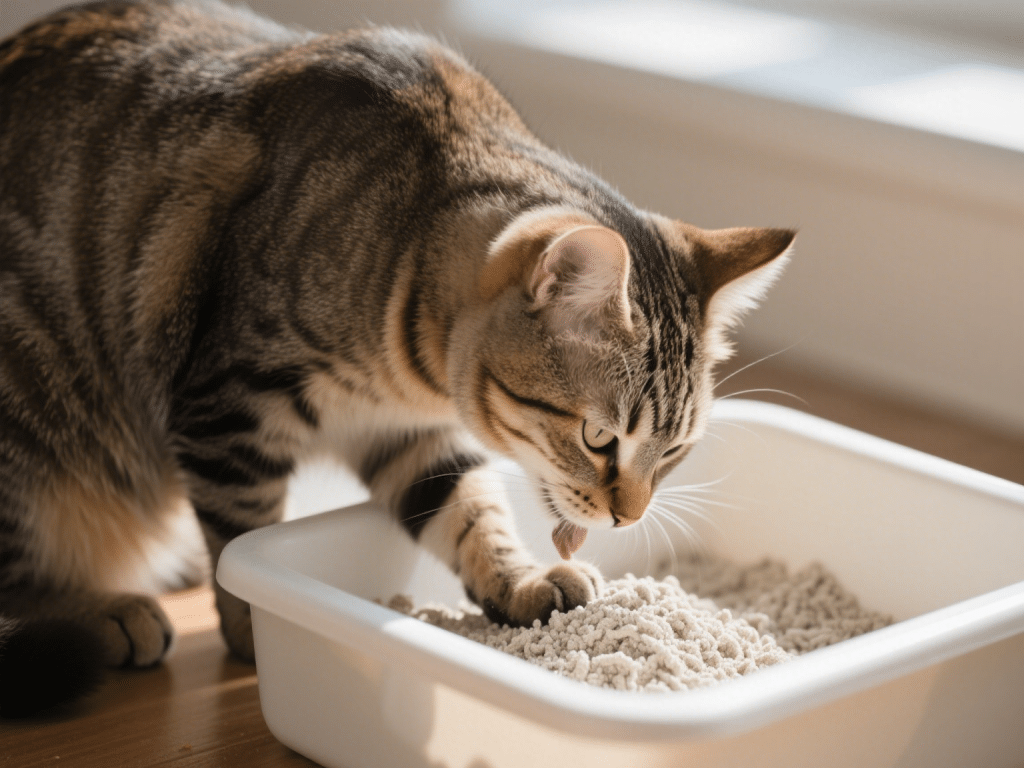
The Secret Reasons Behind Why Cats Bury Their Poop: Expert Insights
In over a decade of working as a feline environmental consultant, I’ve encountered count...
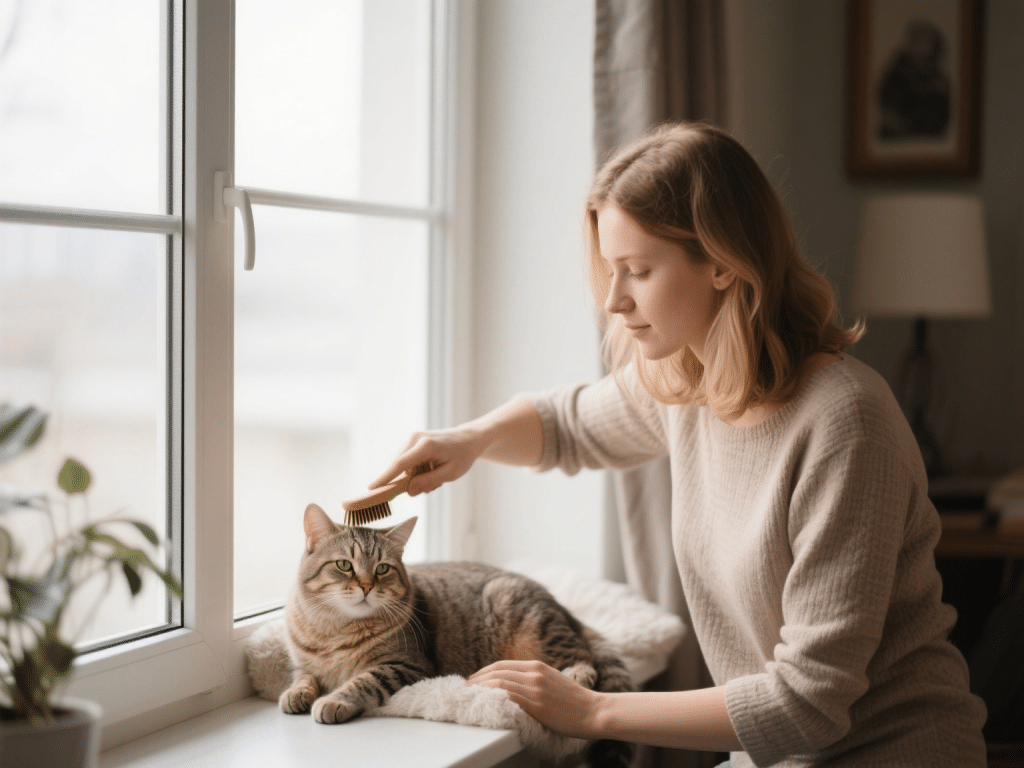
Cats are living longer than ever thanks to improved veterinary care and nutrition — but with age comes new challenges. As a feline wellness blogger with over a decade of experience in senior pet care, I’ve helped countless cat owners support their aging companions with grace and comfort.
Cats are typically considered senior between 10 and 14 years old, and geriatric at 15+ years. Subtle signs of aging can include:
Reduced mobility or stiffness
Weight fluctuations
Increased sleep or restlessness
Dental problems or appetite changes
Older cats lose lean muscle mass, so focus on easily digestible animal-based proteins like chicken, turkey, or salmon. Avoid plant-based fillers.
Many seniors develop kidney issues — switch from kibble to canned or rehydrated freeze-dried diets to keep them hydrated.
Look for food or supplements containing:
Glucosamine and chondroitin
Omega-3 fatty acids (from fish oil)
MSM (methylsulfonylmethane)
Weight gain can strain aging joints, while weight loss may signal illness. Choose a senior-specific diet with balanced calories and monitor weight monthly.
If chewing is a problem, choose soft, pâté-style foods or soak kibble to make it easier to eat.
Use wand toys, laser pointers, or slow-moving plush mice for 5–10 minutes, 1–2 times daily.
Place food and water in different areas
Add low-step cat trees or window perches
Use interactive feeders or puzzle toys
Gentle massages can improve circulation and ease stiff joints. Stretch their legs and back with care — most cats love it.
Senior cats should visit the vet every 6–12 months, including:
Bloodwork (kidney, thyroid, liver panels)
Dental checks
Weight and muscle tone assessment
Behavior and mobility evaluations
Heated beds for stiff joints
Easy-access litter boxes (low sides)
Ramps or steps to reach favorite spots
With the right nutrition, gentle movement, and regular care, senior cats can thrive well into their golden years. Aging is natural — but decline doesn’t have to be. Your mindful support can make all the difference.

In over a decade of working as a feline environmental consultant, I’ve encountered count...
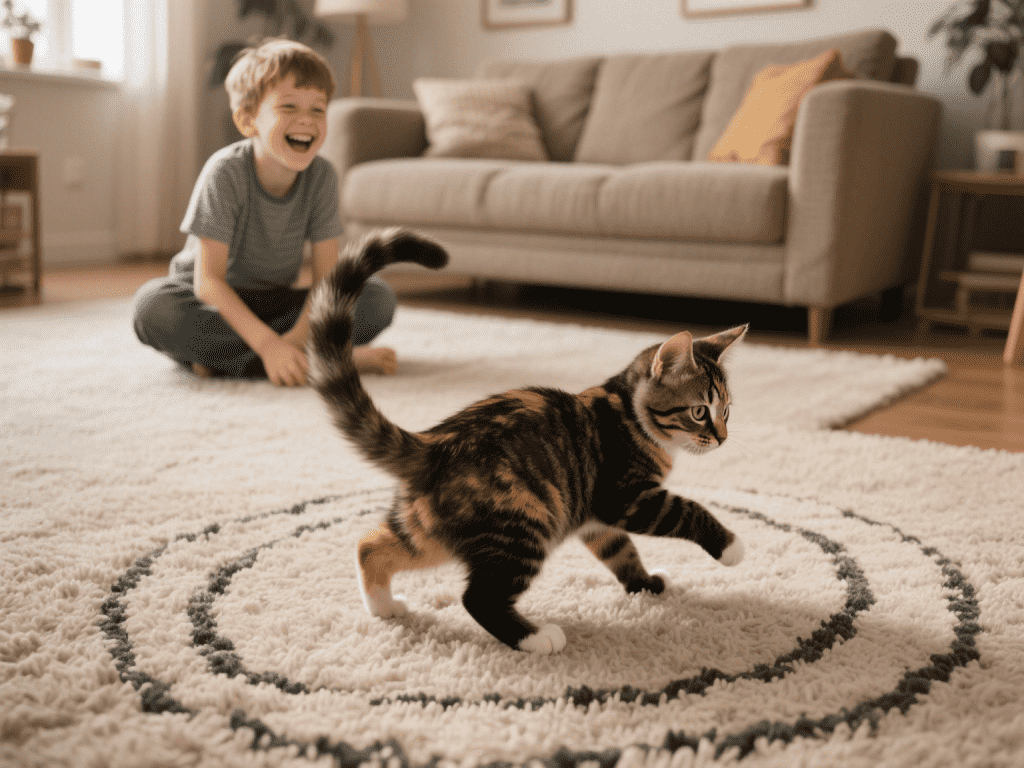
Tail‑chasing kittens may look adorably goofy, but when adult cats obsessively spin in ci...
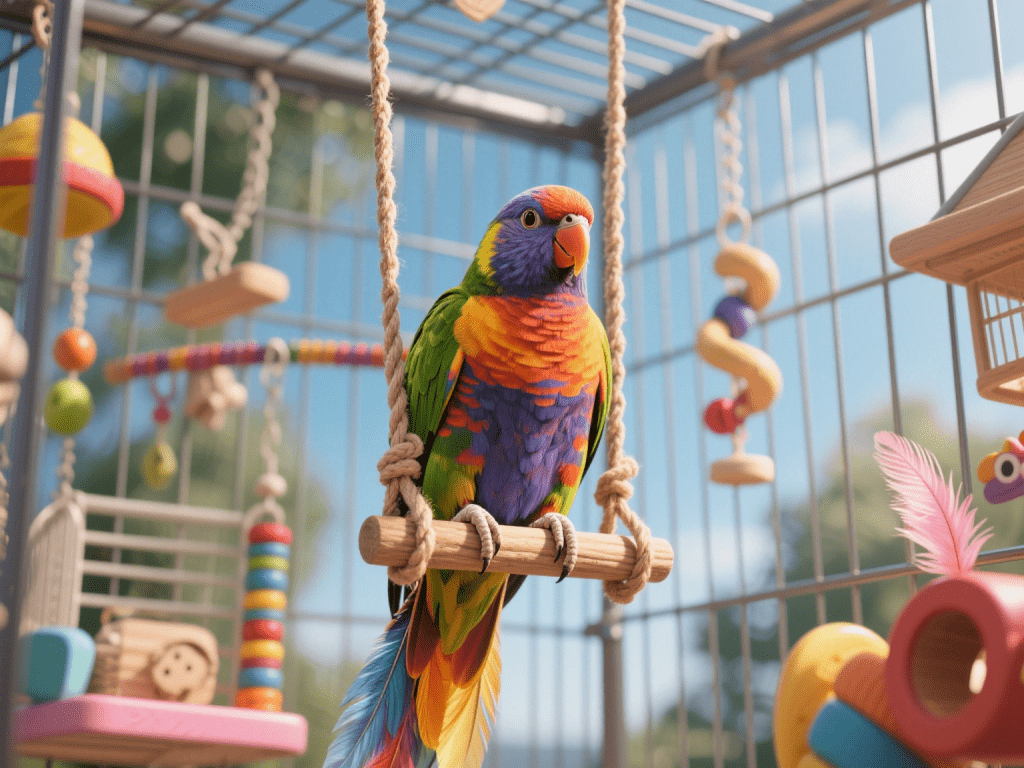
Feather plucking is one of the most distressing behaviors I’ve encountered in over a dec...
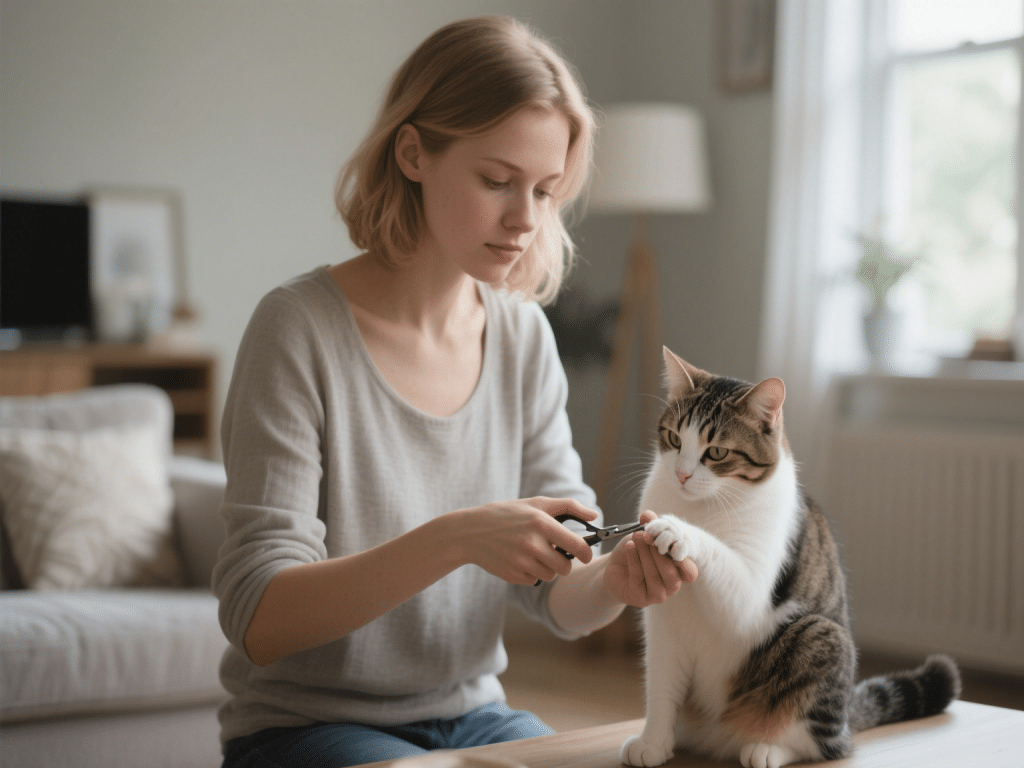
As a canine health specialist with over a decade of allergy research collaboration, I unde...

IntroductionFeeding time need not be a simple bowl-to-mouth routine. Food puzzles—intera...

IntroductionHuman-grade treats can be expensive and full of preservatives. Preparing healt...
Comments on "Senior Cat Care: Nutrition and Exercise Tips for Aging Felines" :